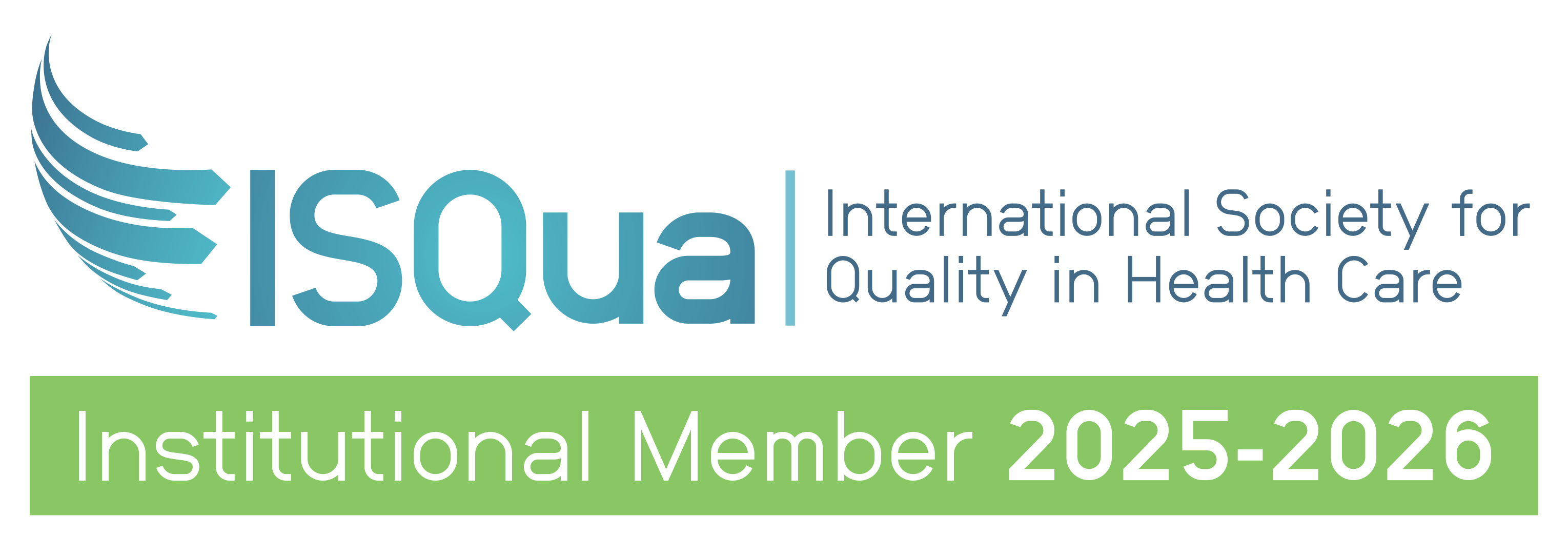
Insights from Pieter Walker on Leadership and Navigating Change in Healthcare
Welcome to the ACHS Improvement Academy Faculty Spotlight series, where we highlight the expertise and perspectives of esteemed colleagues on key topics in healthcare.
In this edition, we are excited to feature Mr Pieter Walker who is the facilitator for Change Management training, ‘Resistance to Readiness: Mastering Change in Healthcare’. The training supports clinicians to develop skills and strategies to engage teams, move beyond resistance and toward change in the healthcare environment.
Pieter Walker is a seasoned healthcare consultant with over 33 years of experience in strategy, governance, change management, and leadership training across public and private sectors globally. He has led major healthcare reforms, system reviews, and executive leadership programs. In a recent interview, we asked Pieter about his inspirations, work and training.
1. You have decades of experience in healthcare change management, leadership, and improvement. What inspired you to pursue a career in this field?
My journey into healthcare change management began with a deep passion for improving patient care and system efficiency. Early in my career, I saw firsthand the challenges frontline healthcare professionals faced—not due to lack of skill or dedication, but because of systemic inefficiencies. This inspired me to shift my focus from individual patient care to transforming healthcare systems.
I was particularly drawn to the power of collaboration—how bringing the right people together, aligning on a vision, and using data-driven decision-making could lead to meaningful improvements. Over the years, seeing real change take place—whether in hospital operations, leadership effectiveness, or patient outcomes—has been incredibly rewarding.
A few great mentors outside of health, in aviation and mining, encouraged me to apply the learnings from their industries.
2. Drawing from your extensive work in leadership training, what qualities define a strong healthcare leader in today’s environment?
Today’s healthcare leaders must be adaptable, data-informed, and people-centric. The rapid pace of change—whether due to technology, workforce challenges, or shifting patient expectations—requires leaders who can navigate uncertainty while keeping teams engaged and motivated.
Some key qualities include:
-
Emotional intelligence – Understanding and managing emotions to foster strong, resilient teams.
-
Decision-making under pressure – The ability to balance evidence-based decisions with real-world constraints.
-
Strategic communication – Translating complex ideas into clear, actionable steps for diverse teams.
-
A culture of learning – Encouraging continuous improvement, innovation, and a psychologically safe environment where staff feel empowered to share ideas and concerns.
Above all, great healthcare leaders recognise that leadership isn’t about hierarchy—it’s about influence, collaboration, and the ability to inspire change.
3. Having consulted across industries beyond healthcare, are there lessons from sectors like defense or finance that can be applied to healthcare leadership and improvement?
Absolutely. Different industries approach leadership and change management in ways that healthcare can learn from. Take defense and aviation, for example—these industries emphasise standardisation, checklists, and situational awareness to minimise human error, principles that can significantly enhance patient safety. In finance and tech, data-driven decision-making is central, and healthcare can adopt similar strategies by leveraging predictive analytics to optimise patient flow, reduce wait times, and improve resource allocation. Meanwhile, retail and hospitality prioritise customer experience, which healthcare can learn from by fostering a more patient-centred approach—ensuring care is not only clinically effective but also empathetic and accessible. The common thread across all these industries is leadership that cultivates a culture of accountability, innovation, and continuous improvement—something essential for driving meaningful change in healthcare.
4. What impact do you see technology, particularly Artificial Intelligence (AI), having on the future of healthcare teams and patient care delivery?
AI has the potential to revolutionise healthcare, but its success will depend on how it is integrated into clinical workflows, healthcare policy and procedure and training of staff. One significant impact will be augmenting clinical decision-making, enabling clinicians to make more informed choices by analysing vast amounts of data to support diagnostics, treatment recommendations, and predictive analytics.
Beyond decision-making, AI can also help reduce the administrative burden by streamlining documentation, scheduling, and reporting, allowing healthcare professionals to focus more on patient care. In personalised medicine, AI has the ability to tailor treatments based on genetic, environmental, and lifestyle factors, leading to more effective and individualised care.
However, ethical considerations and workforce impact must remain a priority. While AI can enhance efficiency, it must complement rather than replace human judgment, ensuring technology empowers clinicians rather than adding new layers of complexity.
Ultimately, AI should be seen as a tool to enhance, not replace, the human touch in healthcare.
5. Your upcoming Improvement Academy training, From Resistance to Readiness: Mastering Change in Healthcare, focuses on equipping healthcare professionals with practical strategies for leading change. What can participants expect to take away from the course, and who would benefit from attending?
Change is inevitable in healthcare, yet resistance to change remains one of the biggest barriers to improvement. This course is designed to provide healthcare professionals with:
-
Practical strategies to overcome resistance – Understanding why people resist change and how to address their concerns effectively.
-
Proven frameworks for leading change – Drawing from behavioral science, leadership best practices, and real-world case studies.
-
Tools to engage teams and sustain improvement – Ensuring that change initiatives don’t just launch successfully but also lead to long-term transformation.
-
This training is ideal for healthcare leaders, quality improvement professionals, clinicians involved in change initiatives, and anyone looking to drive meaningful improvement in their organisation.
-
Participants will leave with actionable insights and confidence in their ability to lead change, even in complex and high-pressure environments.
Thank you, Pieter, for sharing your insights and experience with us. You can learn more or register for our 'Resistance to Readiness: Mastering Change in Healthcare.’ training here.

